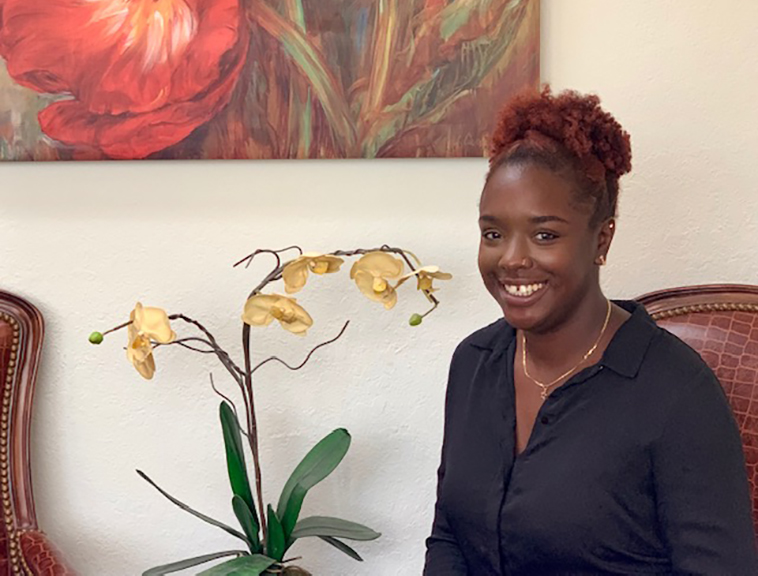- Parenting
BLOG: How can I expand my child's worldview?

Talking about race and racism is hard. But in today’s world, it’s more important than ever to have these conversations with our children. In a special blog series, Dr. Danniella Jones, a psychologist with the Palm Beach County Youth Services Department, helps parents navigate these difficult topics.
Please keep in mind that while the following blogs outline a few places to start when discussing race and racism with children, the journey to becoming anti-racist and raising anti-racist children is one that requires continuous and active self-reflection, education, vulnerability, and determination.
Question: Mostly everyone my kids know or interact with look just like them. How can I expand my children's worldview?
Answer: Children learn from what they see, which makes changing their environment a great way to expand their worldview. They are constantly exposed to messages about who in society is considered intelligent, kind, law-abiding and attractive, and who is not. As their parent, you are their first example and they are looking to you to learn how they should view and treat others. Think about who is in, and who is not in, your ‘social circle’ and what that is likely modeling for your child(ren). If your child is white, is their dentist, pediatrician, religious leader, coach, or other adult mentor also white? Are yours? If so, think about why that is and make efforts to embrace diversity in meaningful ways.
Unfortunately, many neighborhoods and schools still are segregated by race and ethnicity. This is a legacy of racist laws and policies that determined who could live where. Thus, it likely will take a more purposeful effort as a parent to integrate racial and ethnic diversity into your child(ren)’s worlds. One way to do this is by exposing them to children’s books and other sources of media that are developmentally appropriate, representative of diversity, and emphasizes individuality and respect for differences. You might also make exposure to diverse toys, foods, languages, and music a part of their everyday life.
Dr. Danniella Jones is a psychologist with the Palm Beach County Youth Services Department.
Please keep in mind that while the following blogs outline a few places to start when discussing race and racism with children, the journey to becoming anti-racist and raising anti-racist children is one that requires continuous and active self-reflection, education, vulnerability, and determination.
Answer: Children learn from what they see, which makes changing their environment a great way to expand their worldview. They are constantly exposed to messages about who in society is considered intelligent, kind, law-abiding and attractive, and who is not. As their parent, you are their first example and they are looking to you to learn how they should view and treat others. Think about who is in, and who is not in, your ‘social circle’ and what that is likely modeling for your child(ren). If your child is white, is their dentist, pediatrician, religious leader, coach, or other adult mentor also white? Are yours? If so, think about why that is and make efforts to embrace diversity in meaningful ways.
Unfortunately, many neighborhoods and schools still are segregated by race and ethnicity. This is a legacy of racist laws and policies that determined who could live where. Thus, it likely will take a more purposeful effort as a parent to integrate racial and ethnic diversity into your child(ren)’s worlds. One way to do this is by exposing them to children’s books and other sources of media that are developmentally appropriate, representative of diversity, and emphasizes individuality and respect for differences. You might also make exposure to diverse toys, foods, languages, and music a part of their everyday life.
More Answers from Dr. Jones
BLOG: Some helpful definitions in understanding race and racism
BLOG: What is implicit bias
BLOG: Why can't I say, 'I don't see color?
BLOG: Should I talk about race and racism with my children?
BLOG: How do I start talking to my young child about race and racism?
BLOG: Expert tips for talking with children about race and racism
Dr. Danniella Jones is a psychologist with the Palm Beach County Youth Services Department.
